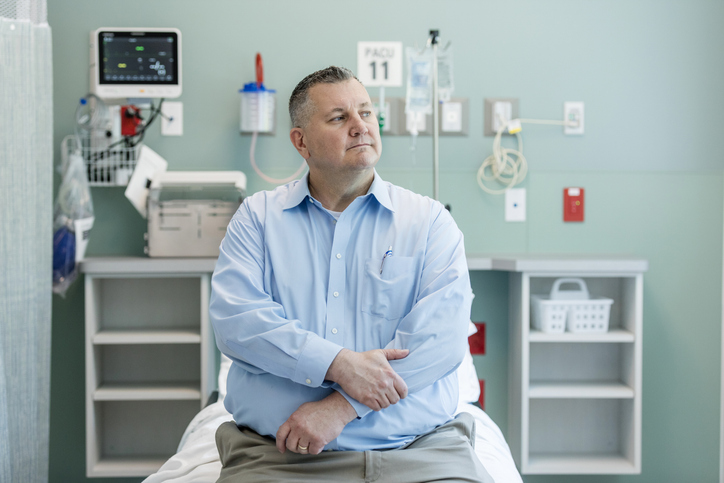
People who are overweight before the age of 40 incur a higher risk of cancer, according to a study published in the International Journal of Epidemiology.
In this study, researchers assessed 221,274 individuals from six European cohorts who had two or more height and weight measurements during 1972–2014. They constructed several BMI and weight measures and identified cancer cases through linkage with national cancer registries. Subsequently, the researchers used Hazard ratios (HRs) of cancer with 95% confidence intervals (CIs), which were derived from time-dependent Cox-regression models to analyze the data.
The results showed that after follow-up, 27 881 cancer cases were diagnosed, 9,761 were obesity-related. As BMI increased, HR of all obesity-related cancers increased as well, with maximum BMI and longer duration of overweight (men only) obesity linked to cancer. Participants who were overweight before age 40 years had an HR of obesity-related cancers of 1.16 (95% CI 1.02 to 1.32) and 1.15 (95% CI 1.04 to 1.27) in men and women, respectively, compared with those who were not overweight. Moreover, the results showed that being overweight especially increased the risk of developing the following cancers: endometrial cancer (70%), male renal-cell cancer (58%) and male colon cancer (29%). The researchers observed no positive associations for cancers not regarded as obesity-related.
“Adult weight gain was associated with increased risk of several major cancers,” the study authors wrote. “The degree, timing and duration of overweight and obesity also seemed to be important. Preventing weight gain may reduce the cancer risk.”
Overweight before age 40 increases the cancer risk https://t.co/cC2Y08yJIa pic.twitter.com/IHiz7nlQFN
— Bioengineer.org (@bioengineerorg) October 11, 2019
“In this large population-based study, duration of overweight (men only) and obesity over time was associated with increased risk of all obesity-related cancers combined. Being overweight before age 40 years increased the risk of these cancers by approximately 15%, with higher risks particularly for endometrial, male renal-cell and male colon cancer.”
Overweight before age 40 increases the cancer risk https://t.co/F3R0VSDtnk
— Dr. Clarence Davis ♊️ (@drclarencedavis) October 11, 2019
Overweight before age 40 increases the cancer risk https://t.co/7bE1zQqgqf
— Jeff Robinson, CEO and Chairman of M2bio 🌿🍄$MRES (@contrariansmind) October 12, 2019







 © 2025 Mashup Media, LLC, a Formedics Property. All Rights Reserved.
© 2025 Mashup Media, LLC, a Formedics Property. All Rights Reserved.